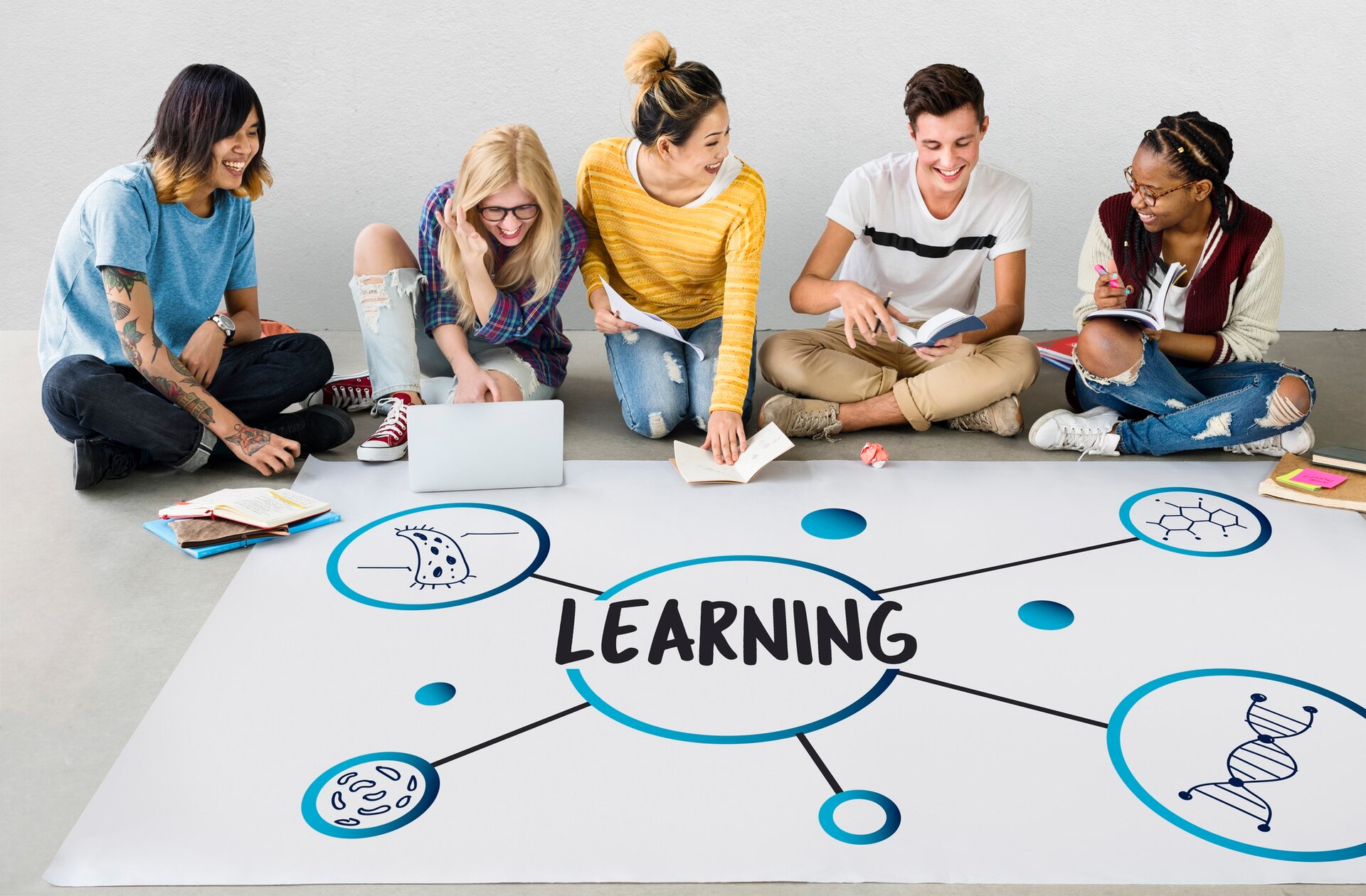Introduction
In today’s fast-paced world, being a learning professional is essential for personal growth and career success. Lifelong learning not only enhances our skills but also keeps us adaptable and open to new opportunities. Whether you’re a student, a working professional, or someone looking to enhance your knowledge, this blog post will serve as your comprehensive guide to becoming a learning professional.

1: Embracing the Growth Mindset
The Power of the Growth Mindset
To become a successful learning professional, you must first embrace the power of the growth mindset. The growth mindset is the belief that abilities and intelligence can be developed through dedication and hard work. By adopting this mindset, you’ll be more resilient in the face of challenges and more motivated to overcome obstacles on your learning journey.
Cultivating a Growth Mindset
Cultivating a growth mindset involves self-awareness and self-compassion. Recognize and challenge your limiting beliefs about learning and intelligence. Instead of saying, “I’m not good at this,” shift your perspective to, “I haven’t mastered this yet, but with practice, I will improve.” Celebrate your efforts and progress, no matter how small, and view mistakes as opportunities for learning and growth.
Setting SMART Learning Goals
To make the most of your learning journey, set Specific, Measurable, Achievable, Relevant, and Time-bound (SMART) goals. Define what you want to achieve and break it down into actionable steps. Setting SMART goals will keep you focused, motivated, and on track as you progress toward becoming a proficient learning professional.
2: Effective Learning Strategies
Harnessing the Power of Chunking
Chunking is a powerful learning technique where you break information into smaller, manageable chunks. By doing so, you make it easier for your brain to process and retain information. When learning a new subject, divide it into smaller topics and master one at a time. This approach will enhance your understanding and help you build a solid knowledge foundation.
Utilizing Spaced Repetition
Spaced repetition is a scientifically-proven method to enhance long-term retention. Instead of cramming information in a single study session, review the material at spaced intervals. This technique reinforces your memory and strengthens the connections between neurons, making the learned information more durable.
Exploring Multimodal Learning
People have different learning preferences, so explore various learning modalities to find what suits you best. Multimodal learning involves using multiple sensory channels such as visual, auditory, and kinesthetic methods. You can read textbooks, watch educational videos, listen to podcasts, and engage in hands-on activities. This diverse approach ensures a more comprehensive and engaging learning experience.
3: Overcoming Learning Plateaus
Embracing the Learning Plateau
At some point in your learning journey, you may encounter a learning plateau—a period where progress seems to stall. Embrace this phase as a natural part of the learning process. Instead of feeling frustrated, remind yourself that plateaus are opportunities for your brain to consolidate knowledge. Keep a positive attitude and continue practicing to overcome the plateau successfully.
Seek Feedback and Collaborate
One effective way to overcome learning plateaus is by seeking feedback and collaborating with others. Join study groups, attend workshops, or seek guidance from mentors and experts. Constructive feedback and collective brainstorming can provide fresh perspectives and reignite your motivation to keep learning.
Experiment with New Learning Methods
If you find yourself stuck on a particular learning path, don’t be afraid to experiment with new methods. Trying a different approach can stimulate your mind and offer new insights. Remember, learning is a dynamic process, and being open to change and adaptation is crucial to your growth as a learning professional.
Continue Your Learning Journey
Congratulations! You’ve taken the first step toward becoming a learning professional. To continue your journey, explore the following topics:
- The Science of Learning: Understanding How the Brain Learns Best
- Time Management for Efficient Learning: Balancing Study and Daily Life
- Building a Personal Learning Network (PLN): Connecting with Like-Minded Learners
Remember, the journey of a learning professional is an exciting and ever-evolving one. Embrace the challenges, celebrate the victories, and enjoy the process of becoming a lifelong learner. Happy learning!

